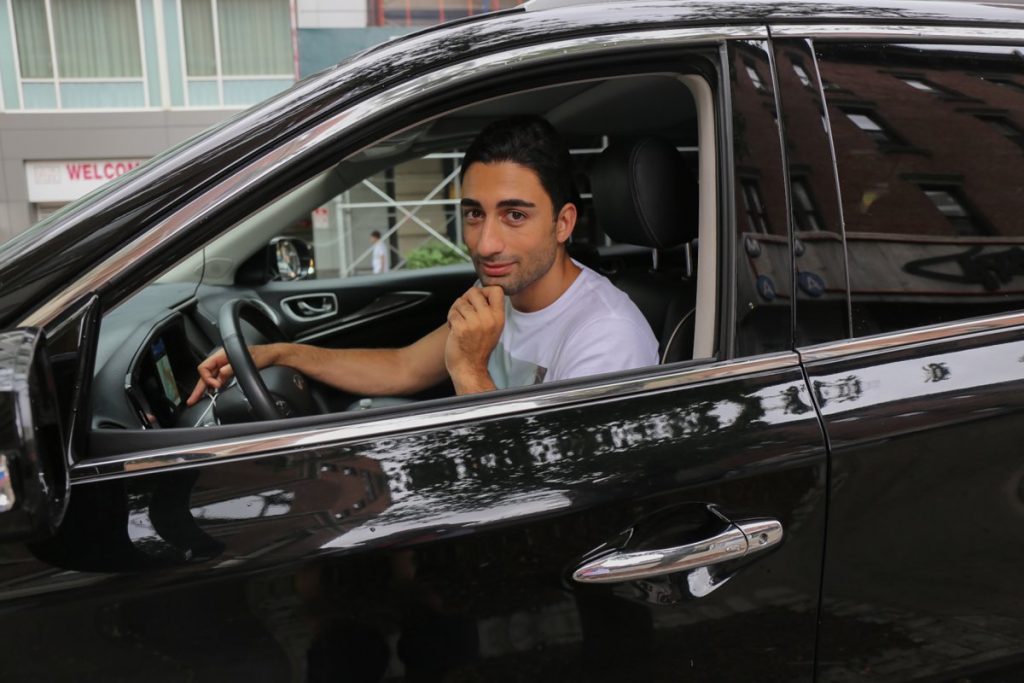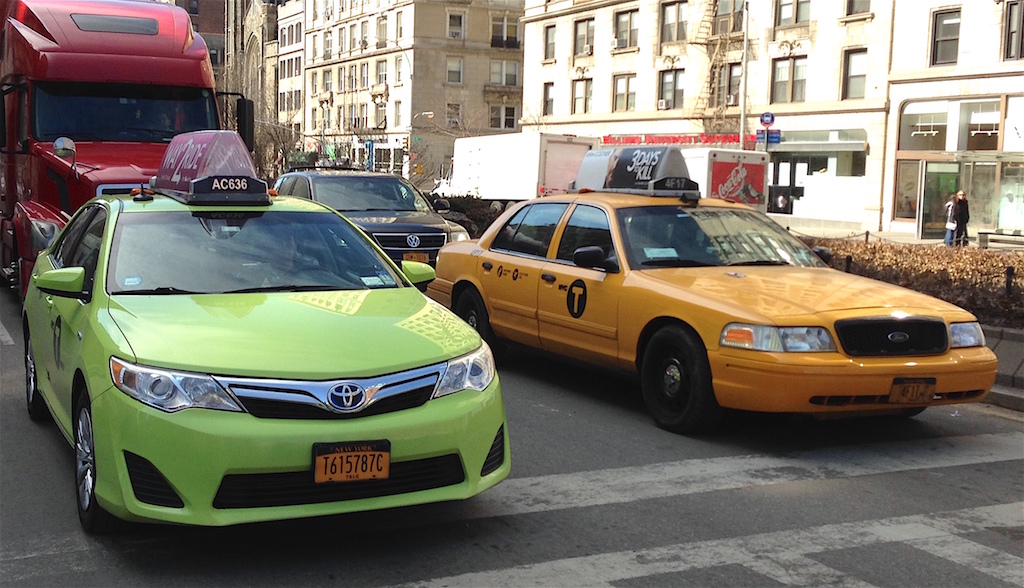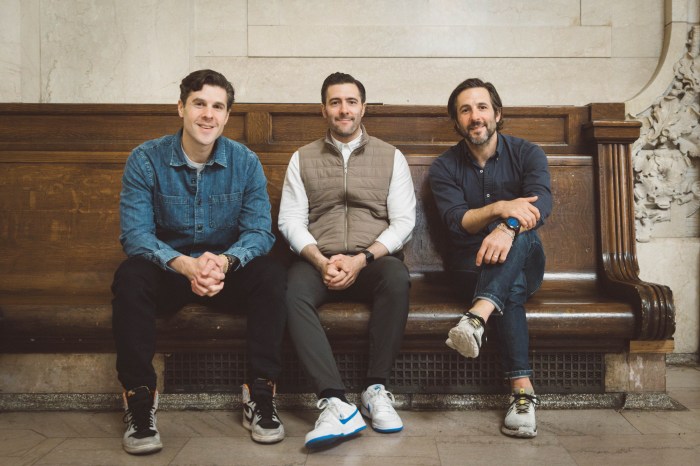
BY GABE HERMAN | Starting Sat., Feb. 2, city taxis and for-hire vehicles, like Uber and Lyft, will be required to impose an extra charge on passengers for Manhattan rides that go below 96th St., following a judge’s decision to lift a temporary ban.
Starting 12:01 a.m. on Feb. 2, yellow cabs operating anywhere below 96th St. will charge an extra $2.50, while for-profit vehicles will charge $2.75 more, or an additional 75 cents per passenger for shared rides.
The extra fees, expected to raise between $300 million and $400 million annually, were approved in order to provide funds for the Metropolitan Transportation Authority.
New York State enacted the surcharge law on April 12, 2018. Several groups and individuals from the taxi industry sued in December to block the fees. They argued the surcharge would hurt business, violate equal-rights protections by treating their vehicles differently, and that only the city has power to enact such rules.

The surcharge had been set to go into effect Jan. 1. But a temporary restraining order was imposed in December. However, after oral arguments in January, State Supreme Court Judge Lynn Kotler ruled that the fees could be imposed — though she did not dismiss the case, which is scheduled to be back in court on Feb. 21.
The judge wrote that those suing “have not demonstrated irreparable injury.”
“The congestion surcharge is to pass directly to consumers,” she added, “and to the extent that petitioners contend that their business will be affected by the same, such an effect does not mandate the continuation of a further prohibition upon the State’s ability to collect on the tax.”
After the decision, the New York Taxi Workers Alliance expressed relief that the case is still alive.
“We feel triumphant that the state’s motion to dismiss was denied,” the alliance said, in a statement, “and it gives us hope that ultimately the state will do the right thing and spare drivers the poverty and crisis that would result from this congestion fee.”
Mayor Bill de Blasio said on Friday on WNYC that he did not view the new fees as hurting drivers, but acknowledged a complaint from yellow taxis that showing the surcharge on taxis’ meters would drive away business.
“I think we have to see if there’s any way to address that issue, so it does not in any way disincentivize riders,” de Blasio said.
“But it’s going to be the same whether you’re in a yellow cab or you’re in a for-hire vehicle,” he added. “You’re paying the surcharge either way, so I don’t think it changes market conditions in a meaningful way.”




































